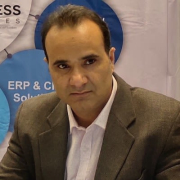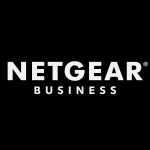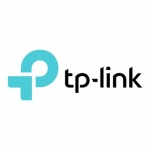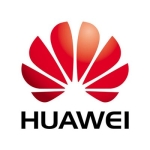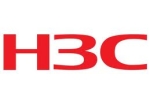What is our primary use case?
The solution is used for different office locations. The client wanted to have central control from their headquarters on wireless across a number of users, traffic, NMS. It was more of a network and switching type of deployment. They have some applications which they want to track, including how much traffic is going to the user and uptime of devices. For that, they wanted more central management.
What is most valuable?
We like that it can work on a cloud basis. It gives the customer a choice to be operated from a central location and it can be controlled from there. Our customers mostly opted for having a centralized approach.
It's a proactive approach to networking for IT infrastructure. It will bring better uptime and availability to the network.
The initial setup is easy.
What needs improvement?
They need more variety in terms of models to satisfy different customer requirements. There are very limited models right now. The range of models could expand.
They need to work on prioritizing different types of data on the network, whether it's voice, data, video, et cetera. Video needs to be prioritized in a much better way, for example.
If there are certain search protocols added to these switches that make for better network trafficking, that would be ideal.
The lack of availability of hardware is causing issues and bottlenecks.
We'd like interoperability to continue to be improved.
For how long have I used the solution?
We've been dealing with the solution for two years.
Buyer's Guide
Meraki MS Switches
December 2025
Learn what your peers think about Meraki MS Switches. Get advice and tips from experienced pros sharing their opinions. Updated: December 2025.
879,425 professionals have used our research since 2012.
What do I think about the stability of the solution?
The stability is okay.
I understand Cisco has far more stable products. For example, Cisco Catalyst. That is more stable as compared to Cisco Meraki.
I'd rate the stability four out of five overall.
What do I think about the scalability of the solution?
The scalability is fine. It's not an issue for us. Cisco is always working on scalability.
I'd rate it four out of five in terms of scalability. This is a new product that is still being refined. However, as they are working on the cloud, it's only going to get better.
We have around 250 to 300 users based on the switches we've deployed. It's in an international organization with many departments and many levels of people working on it.
How are customer service and support?
Technical support is good. It is good only for certain areas. Their support needs to be improved to level it out for everyone. Even a premier customer may not get answers within the next business day.
Which solution did I use previously and why did I switch?
We use Cisco Meraki Switches and Cisco Meraki Wireless.
How was the initial setup?
Cisco has a big problem right now. Their availability of hardware is delayed due to high demand. A lot of system integrators and companies are opting for different hardware providers as they understand that deploying Cisco will take a long time. Cisco needs to work on faster deployment. The manufacturing side needs to speed up deploying hardware to meet demand or they will lose market share.
That said, once you have the hardware, the initial setup is not hard at all.
We have two to three engineers that can help set up the solution. It depends on the kind of project. For example, if there are four or five switches, so it doesn't take more than two days to settle that. IN that case, maybe we need to have two different engineers: one physically installing the hardware switching and doing the basic configuration and then maybe an L2 engineer who configures things on the cloud and brings different switches alive. We have certified Cisco people. We don't get any problems in terms of deployment. We can also easily handle maintenance tasks.
What was our ROI?
I'd rate ROI a three out of five as it is costly. The ROI is not very fast. No doubt they are getting ROI with the cloud-based approach. That said, not everything is on the cloud as of now. The transition is happening very slowly. Some departments and customers are partly on the cloud, not fully. If they're deploying anything like Meraki, they're not getting fast ROI as they're not fully on the cloud. They're not fully utilizing the benefits.
What's my experience with pricing, setup cost, and licensing?
The cost is on the higher side if we are comparing it with Catalyst. It's approximately double the cost. Cisco needs to work on licensing if they want the system to be deployed more. They can have the same set of licensing: standard, premium. Premium customers who don't have any budget issues can buy premium license-based hardware. However, if there are customers who want to deploy good hardware like Cisco yet have budget constraints, they should offer a more affordable tier.
I'd rate it a three out of five in terms of affordability.
What other advice do I have?
We're resellers. We've been dealing with the 300 and 390 series.
I'd rate the solution seven out of ten.
Which deployment model are you using for this solution?
On-premises
Disclosure: My company has a business relationship with this vendor other than being a customer. Partner


